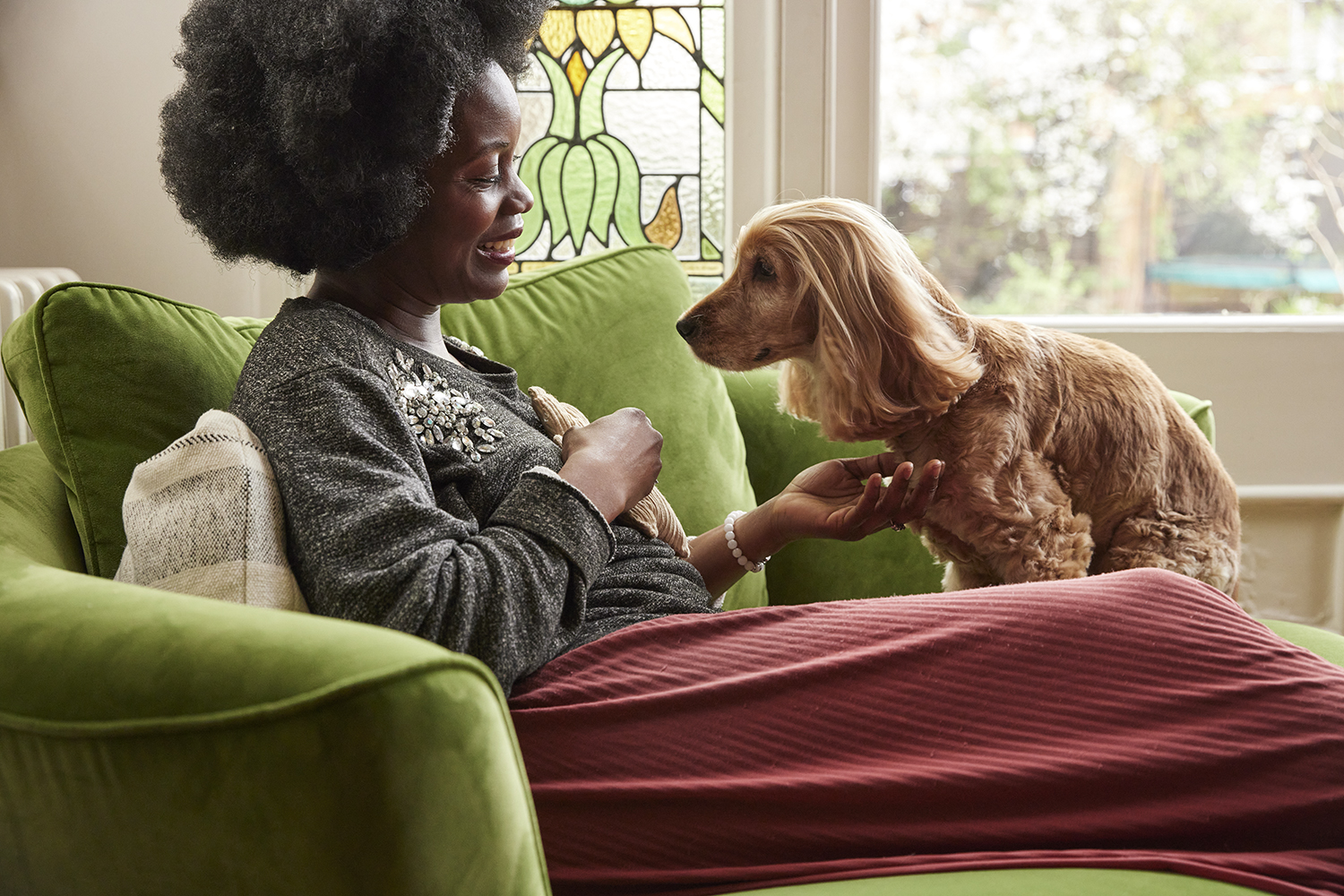In the human food world, we’re often told to steer clear of ultra-processed foods, those heavily modified through industrial methods and packed with additives like preservatives, colourings, and sweeteners. Think ready meals, sugary cereals, and fizzy drinks. While convenient, these foods are often stripped of their natural nutrition and loaded with sugar, salt, and unhealthy fats, contributing to weight gain and other health issues.
So, it’s only natural that many of us carry that same caution into the pet food aisle. If “processed” is bad for us, shouldn’t it be bad for our dogs too?
Well, not necessarily.
Myth #1: Kibble and Wet Food = junk food for dogs
It’s true that many dog foods like dry kibble, wet food and some treats are processed. They’re made to be convenient, long-lasting, and appealing to pets. But here’s the key difference: complete pet foods are designed with your dog’s long-term health in mind.
Unlike ultra-processed human snacks (which prioritise taste and shelf life over nutrition), complete dog foods are:
- Formulated to meet all of your dog’s nutritional needs
- Strictly regulated to ensure safety and balance
- Often made without sugars, colours or synthetic preservatives
- Created with real ingredients like meats, vegetables, and grains
In short: processing in dog food isn’t about indulgence, it’s about function. It helps deliver essential nutrients in a safe, digestible form that your dog can thrive on.
Myth #2: “Processed” means less nutritious
Some critics of processed pet food worry about what’s lost in the cooking and manufacturing process, things like natural enzymes, moisture or “freshness.” These concerns are understandable, especially with the growing popularity of raw or whole food diets. But the science tells a more reassuring story.
In fact, processing can enhance nutrition:
- It improves digestibility, breaking down complex ingredients into forms that dogs can absorb more easily.
- It inactivates harmful pathogens like Salmonella – which can be a serious risk in raw feeding.
- It helps ensure consistency, so every bite delivers the right balance of vitamins, minerals, protein, and fat.
Yes, processing changes food, but in a good way. It transforms raw ingredients into something safe, stable and complete – supporting your dog’s health in every bowl.

Processed doesn’t mean problematic
It’s important not to confuse complete processed pet foods with ultra-processed junk food for humans.
Making the right choices
As a pet parent, it’s right to ask questions and expect transparency. The good news is that not all processed foods are created equal, and when it comes to complete dog food, processing is part of the solution, not the problem.
When selecting food for your dog, look for products that:
- Clearly list the ingredients
- Avoid unnecessary additives
- Meet (or exceed) FEDIAF or UK Pet Food nutritional standards
Feeding your dog isn’t about avoiding processing altogether, it’s about choosing the right kind.
At Tails.com, we create a kibble blend just for your dog, that’s targeted to support their age, breed, lifestyle and health conditions. We use only high-quality ingredients, with personalised additions to support their individual needs. Complete, vet and nutritionist-approved meals that meet the highest standards of pet food regulation. So you know you’re making a great choice for your dog.
Final thought
Being mindful doesn’t mean avoiding everything processed—it means understanding the why behind the how. When done right, processing ensures that your dog gets safe, nourishing, and balanced meals every day. And that’s something to feel good about.


When you make a comment like ‘unnecessary additives’ please give an example. Also what is FEDIAF/ UK pet food standards?
Hi Jan, the FEDIAF are the European voice of the pet food industry and leading authority on nutritional requirements, they advocate for safe and nutritious pet food across the EU, using science backed evidence to support recommendations when it comes to specific requirements for individual nutrients (e.g. protein and calcium), while also recognising the role pets play in society and the need for sustainable practices within the industry. UK Pet Food (https://www.ukpetfood.org/), play a similar role but specifically for us within the UK and additionally reflects any legislative requirements pertaining to pet food. If you have any further questions, our Customer and Nutrition team would be happy to help – just send us an email at hello@tails.com.